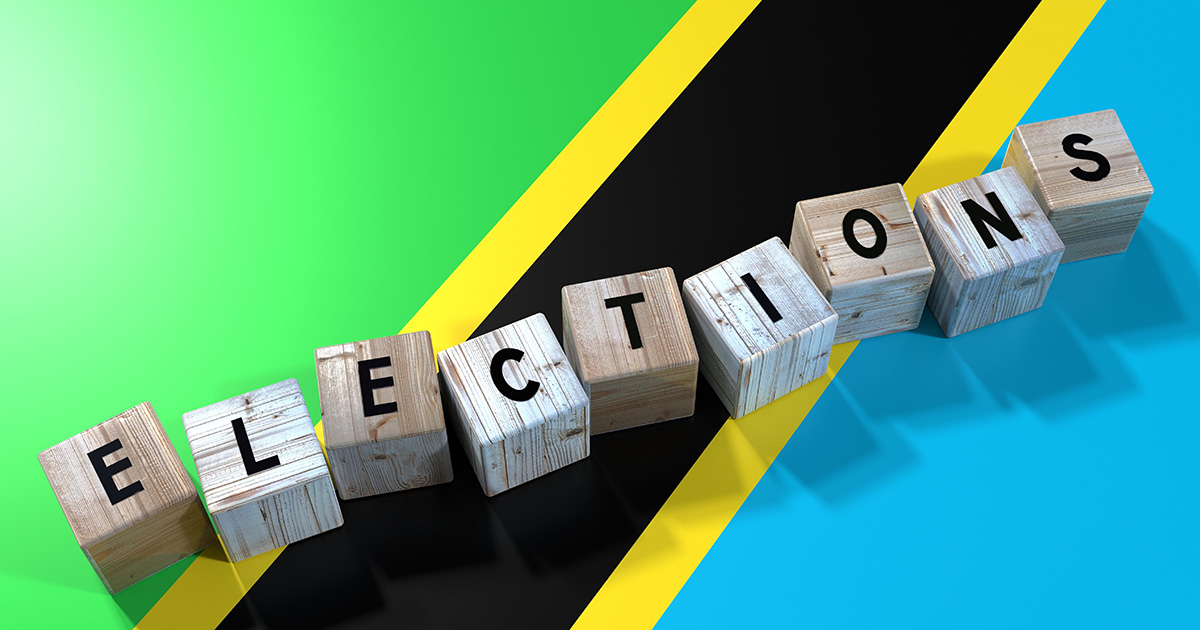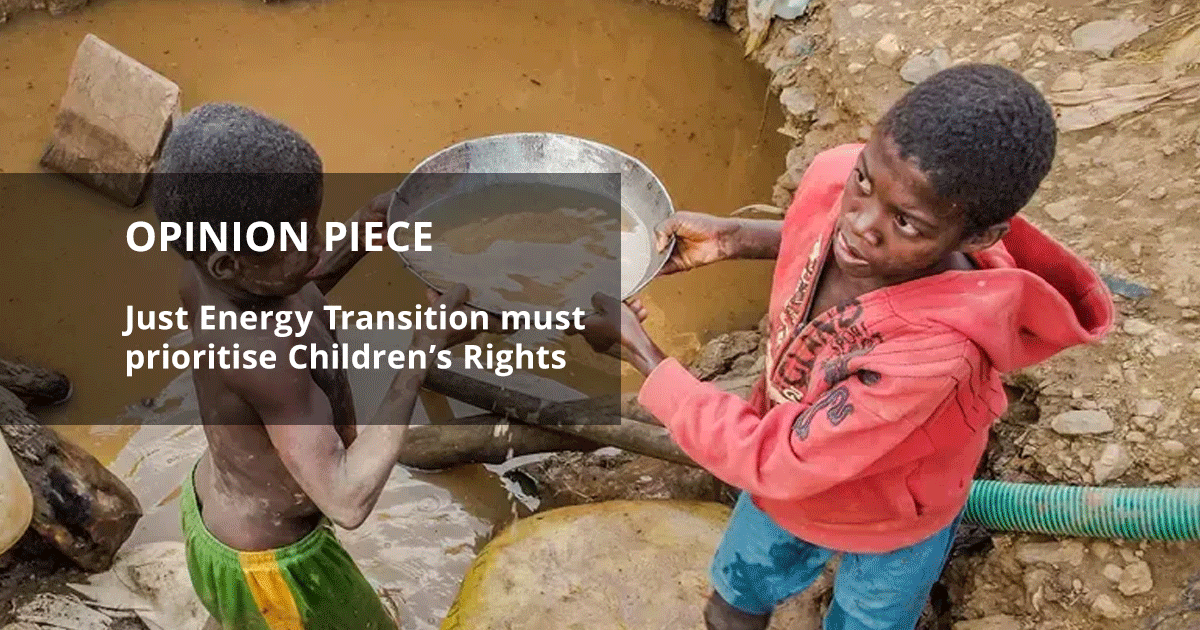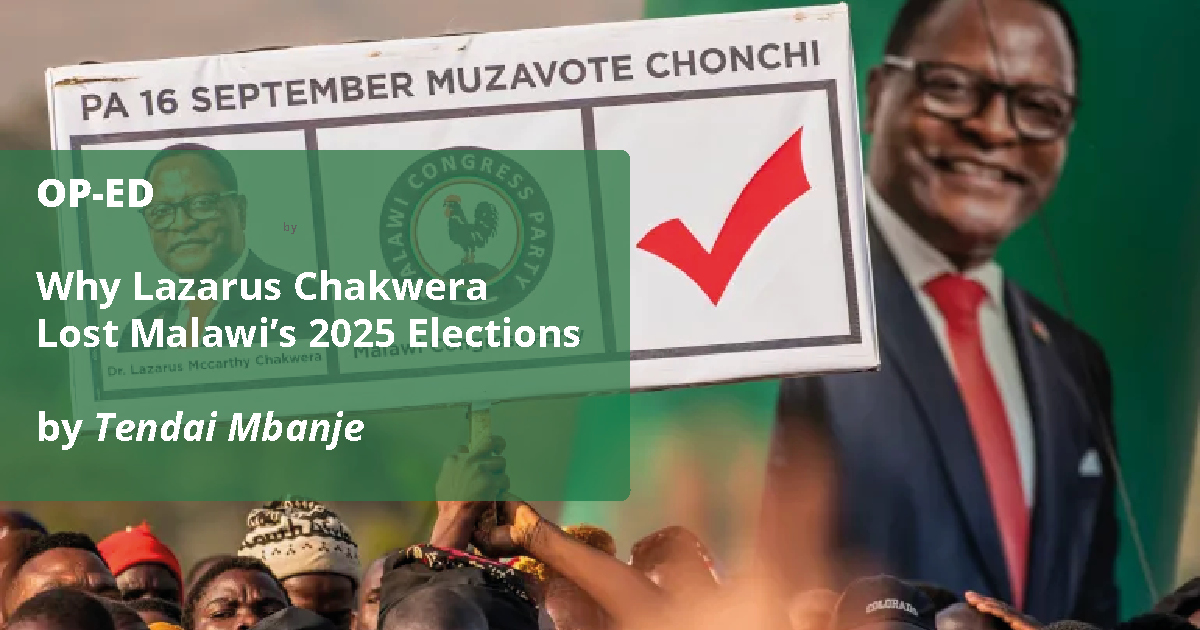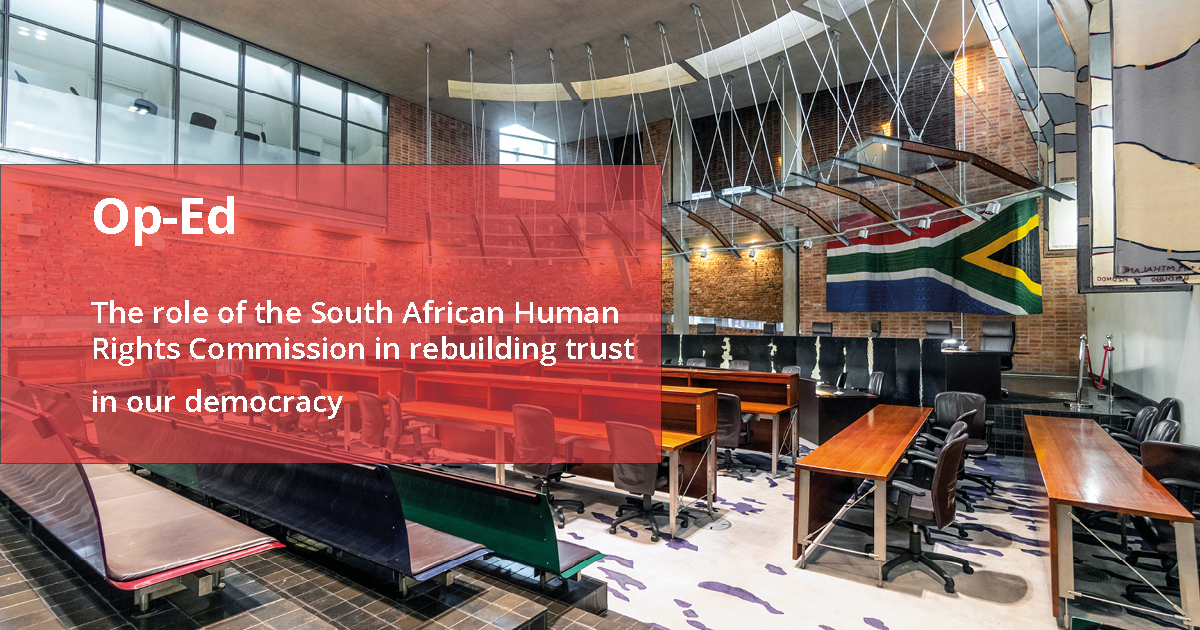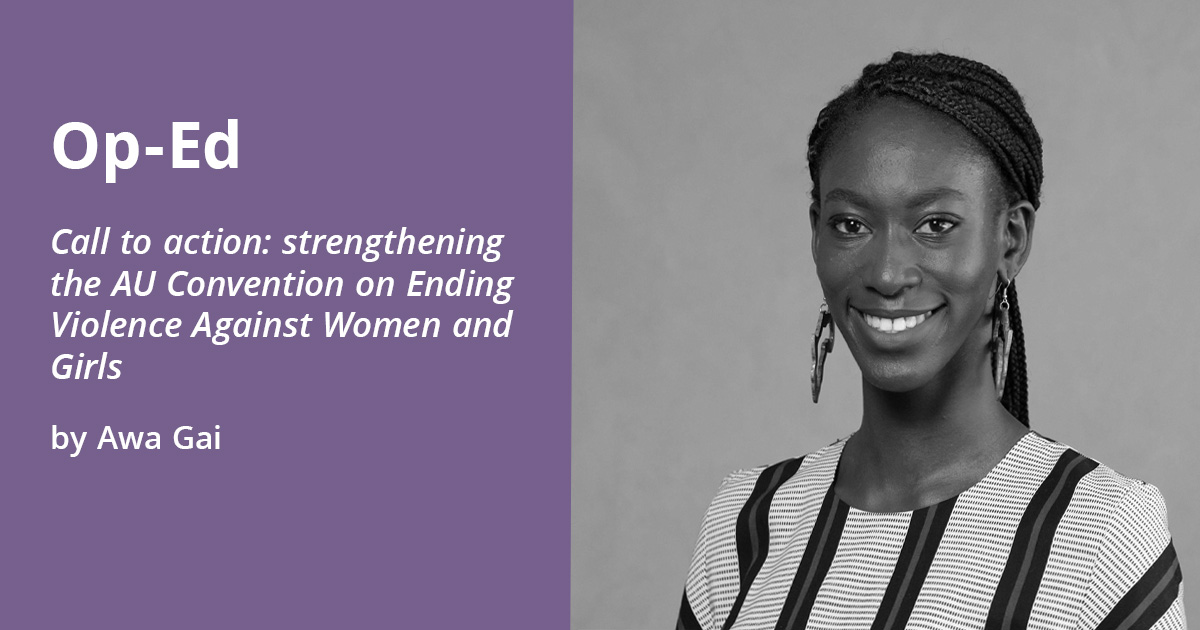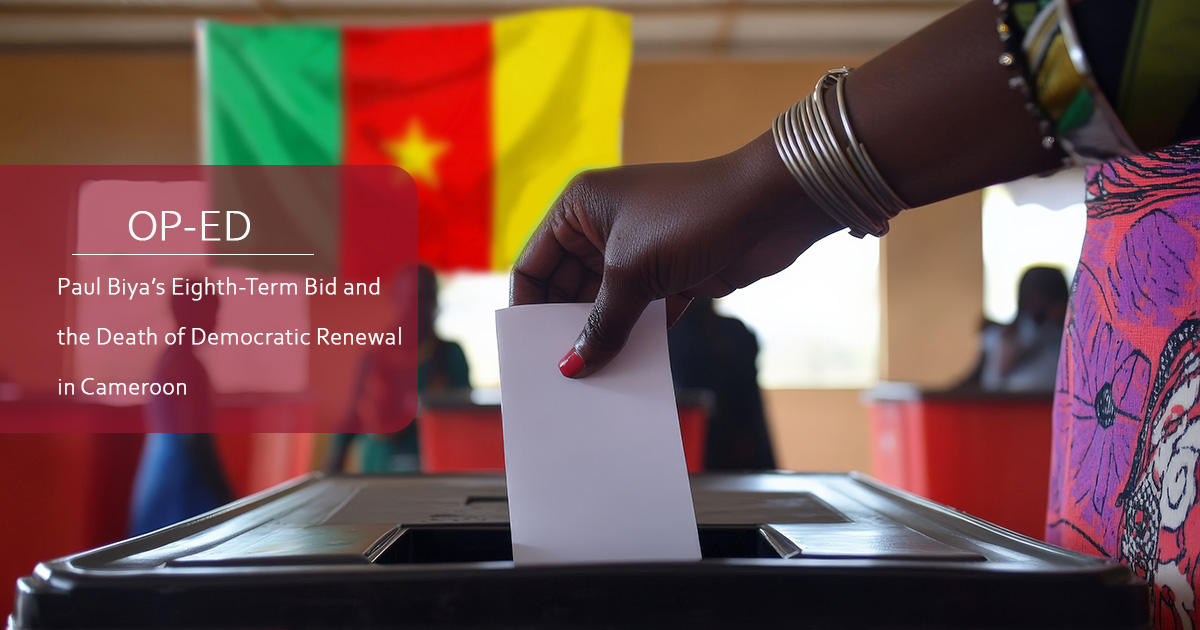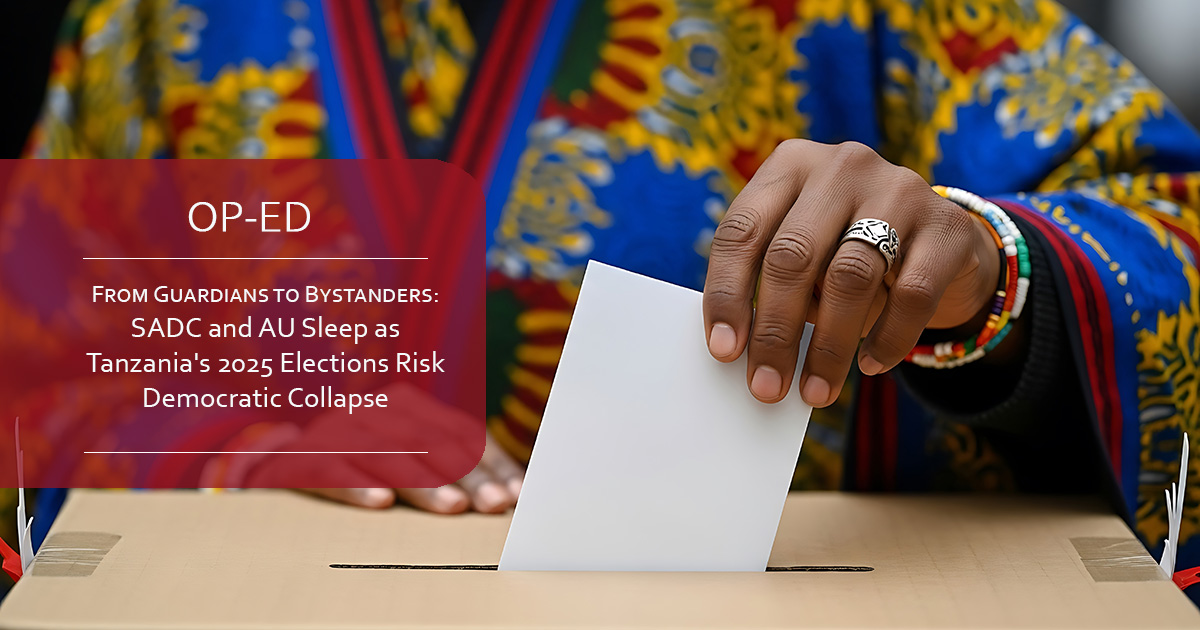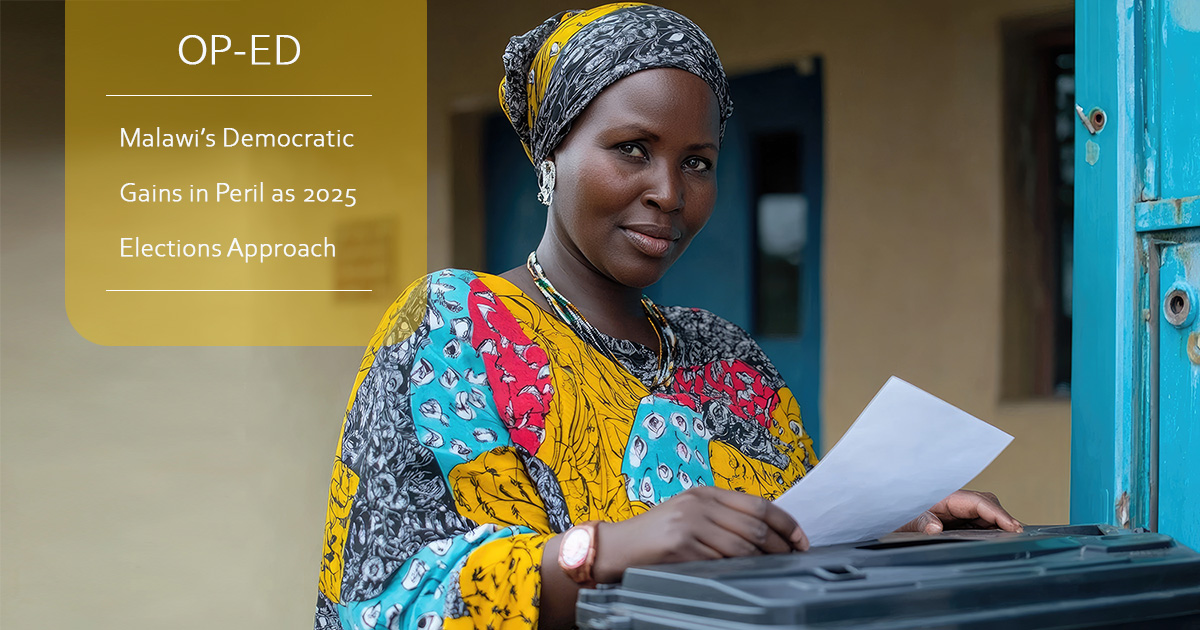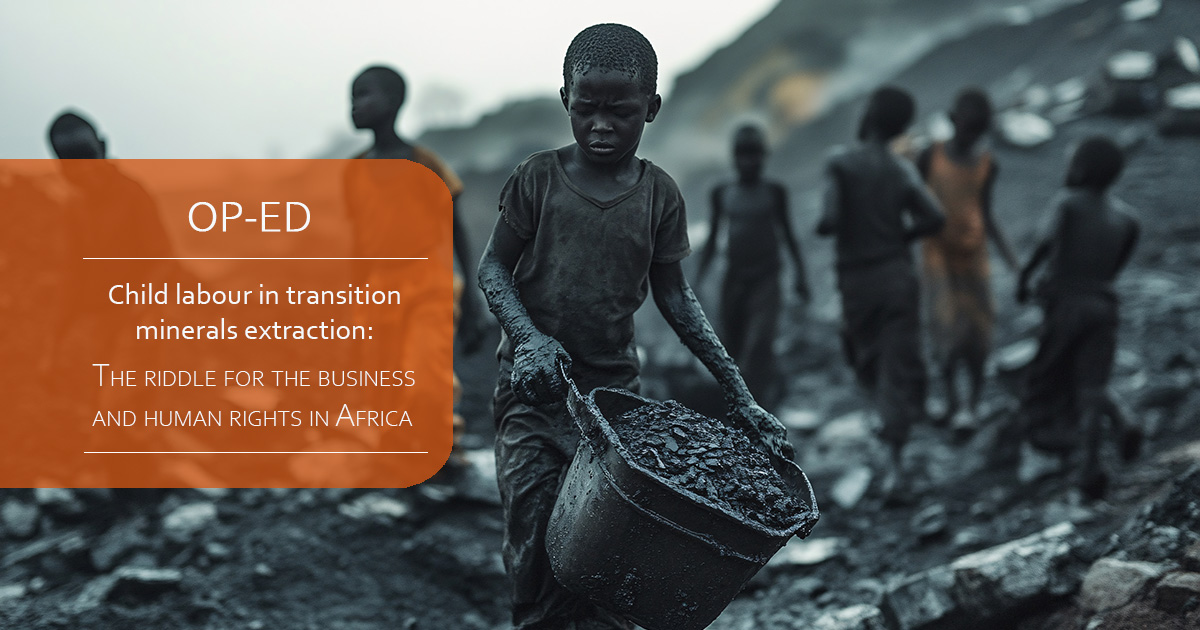- Details
By Tendai Mbanje and Tito Magoti
Reports from polling stations this morning paint a bleak picture of civic abandonment. Between 7:00 a.m. and 8:00 a.m., some polling station saw no voters at all. A few women arrived between 8:45 and 10 a.m. These polling stations were not staffed by independent electoral officials, but by armed soldiers, an unmistakable symbol of coercion rather than civic participation. Most international election observers had already left the country by yesterday, citing intimidation and threats to their safety, with the EU conducting a ‘diplomatic watch.’ Meanwhile, digital repression intensified: access to platforms like X, TikTok and YouTube has been restricted since yesterday, further isolating citizens and silencing dissent. Huge military presence in major cities has created a climate of fear and terror, further diluting the whole meaning of democratic elections.
- Details
On 26 April 2024, the United Nations Secretary-General launched the Panel on Critical Energy Transition Minerals. The historic Panel brought together governments, intergovernmental and international organisations, industry and civil society, to develop a set of common and voluntary principles to build trust, guide the transition and accelerate the race to renewables. The main reason for setting the panel was to insulate communities from the negative impacts of Critical Energy Transition mining activities on livelihoods, the environment, health, human security and human rights as the world jostles for renewable energy.
- Details
As Malawi demonstrated, when citizens mobilise around shared grievances and demand accountability, no amount of rigging can suppress their voice. The message is clear: leadership must be earned through integrity, service, and results or it will be decisively rejected at the ballot box.
The September 16, 2025, presidential election results in Malawi was a referendum on the leadership of President Lazarus Chakwera. His defeat signified a rejection of an administration widely perceived as failing to fulfill its promises, neglecting the needs of ordinary Malawians, and permitting corruption and economic mismanagement. The administration’s record of economic decline contributed to widespread voter dissatisfaction. This analysis is informed by direct field experience, extensive stakeholder consultations, firsthand interactions with citizens across multiple districts, and on-the-ground election observation in Malawi. It reflects a synthesis of lived realities, local perspectives, and institutional engagement within the Malawian context.
- Details
Thirty-one years ago, South Africa did not just promise democracy; it built institutions to guard that promise. Chief among them was the South African Human Rights Commission (SAHRC), established to be the people’s watchdog: a body capable of investigating, advocating, and mediating when rights were under threat. Its mandate was to ensure that justice, equality, and dignity, the foundational principles of the land, were not abstract ideals but rather lived realities for every South African. Today, the paradox is stark: the country has some of the strongest rights protections on paper, yet many citizens experience democracy as hollow.
- Details
by Awa Gai
To turn the AU Convention on Ending Violence Against Women and Girls into meaningful action demands all hands on deck to dismantle violence against women and girls and amplify the voices of survivors. The current call for a structured review highlight the need for stakeholer consultation to address gaps in implementation, particularly concerning Article 14.
During the 38th ordinary session of the Assembly of Heads of State and Government of the African Union (AU), held in Addis Ababa, Ethiopia, from 15 to 16 February 2025, the AU adopted the Convention on Ending Violence Against Women and Girls (AU-CEVAWG). This stems from a decision of the AU Heads of State and Government in February 2023, following which there was an endorsement to initiate negotiations for the Convention and its eventual adoption in February 2025. While this marks a significant milestone, feminist litigators and advocates who are active users of the African human rights system call for a pause to review the Convention, particularly to address gaps identified in Article 14 regarding its implementation by the African Commission on Human and Peoples’ Rights (ACHPR).
- Details
As Cameroon approaches its presidential election on October 12, 2025, it is reported that the political atmosphere is marked by uncertainty, frustration, and a sense of democratic fatigue. The incumbent President Paul Biya, now 92 years old and the world’s oldest serving head of state, has officially announced his candidacy for an eighth term. The announcement was posted via verified social media channels. Biya, having ruled Cameroon since 1982, his re-election bid, though widely anticipated and predictable, has reignited contentious debates over legitimacy, succession, and the future of democracy in Cameroon. Biya’s announcement comes amid mounting concerns about his fitness to govern, especially considering his age and regular absence from the public eye, which has fuelled speculation about his health and capacity.
- Details
By Tendai Mbanje & Tito Magoti
As Tanzanians brace for the October 2025 general elections, the country finds itself at a perilous juncture. Once hailed for its peaceful transitions and political maturity, Tanzania is now witnessing a quiet but dangerous erosion of democratic norms. The silence from regional bodies like the Southern African Development Community (SADC) and the African Union (AU) in the face of mounting electoral concerns is not merely a lapse in oversight it is a form of complicity that erodes the very democratic norms these institutions were created to uphold
- Details
As Malawians prepare to head to the polls on September 16, 2025, the country finds itself at a dangerous crossroads. A phenomenon distinct from previous elections in the country's democratic history. The silence from regional bodies, such as the Southern African Development Community (SADC) and the African Union (AU), is deafening. Once praised for its relative stability in a region often plagued by contested elections, Malawi is now grappling with intensifying violence, growing political distrust, and deepening public skepticism over its electoral institutions. The echoes of the annulled 2019 elections still ring loud and this time, the stakes are even higher.
- Details
Zororai Nkomo and Rutendo Mugabe
Introduction
The discovery of transition minerals, such as lithium, cobalt, copper, nickel, and rare earth elements, across the African continent has been hailed as a gateway to economic transformation and a vital contribution to the global shift toward a just energy transition. These minerals are essential for powering renewable energy technologies, electric vehicles, and the broader decarbonisation agenda. Yet, this promise comes with a troubling cost: the exploitation of children.
- Details
Every year on June 18, the world comes together to observe the International Day for Countering Hate Speech, a solemn reminder that words can wound deeply and sometimes irreparably. Hate speech is not a new problem. Throughout history, language has been weaponised to demean, divide, and destroy, but today, in our interconnected digital age, the scale, speed, and sophistication of hate speech’s spread are unprecedented. This is especially true in Africa, a continent marked by extraordinary diversity in ethnicity, religion, culture, and language, where hate speech can quickly inflame tensions and threaten peace. The devastating consequences of hate speech in Africa are not merely theoretical. The 1994 Rwandan genocide stands as the darkest example, where incendiary radio broadcasts and printed propaganda dehumanised the Tutsi minority, turning words into deadly action. This tragedy also became a powerful lesson in the importance of vigilance, legal safeguards, and coordinated responses to hateful rhetoric.

